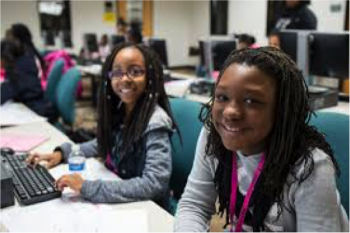At REA, we are committed to evaluation approaches that center culture and support community empowerment, with the goal of achieving social justice for those who have been marginalized. We use holistic and community-centered frameworks giving particular focus to groups that have been systemically excluded and historically marginalized — using evaluation as a tool for social justice. At REA, we strive to provide program improvement through relationship building and participatory research approaches. Please explore selected examples of our community and culture-centered evaluation approaches.
We welcome the opportunity to discuss your project with you and provide you with information about our tailored approaches.




